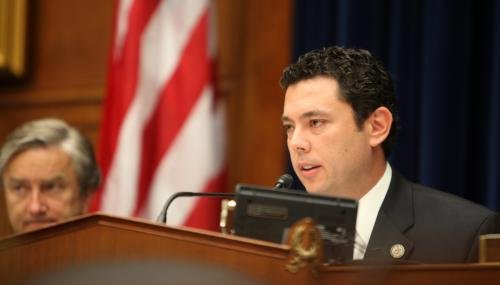
Does anyone actually know how royalties are awarded to rights holders when their copyrighted material is played online and through other non-traditional (a.k.a. non-AM/FM radio) channels? Slate sure does, and it’s a lot more complicated than you probably thought. While AM and FM stations don’t pay royalties thanks to a sweet deal they got before computers ruled our waking existence, the exciting world of the 1990s brought us the reality artists, labels, publishers, and songwriters deal with today when their content is streamed online or through satellite radio.
Because services like Sirius and XM (now Sirius XM) were up and running when the Digital Millennium Copyright Act was passed in 1998, their royalties scheme was set up under something known as the 801(b) standard. This royalties provision requires services like Sirius XM to pay a portion of their gross revenues as royalties. In 2008 it was 6% and is expected to hit the mid-teens in the coming years. That actually doesn’t seem like a bad deal given that the people they’re paying royalties to are providing the subscription services with their bread and butter, the actual music they provide to customers.
What we know today as internet radio wasn’t so lucky. Services like Pandora have to pay royalties based on something called ‘willing user/willing seller.’ This has resulted in Pandora reporting a royalty payout of nearly 50% of gross income in 2012, with those rates continuing to rise. The problem with this scheme is that it arbitrarily sets rates based on what the industry determines is fair market value, without an actual fair market in existence from which to draw its conclusions. Being a self-serving and -destructing scheme could lead to bankruptcy for streaming services in the coming years, ultimately removing a huge source of exposure that rights holders need in order to keep collecting the royalties they need to make money in the first place. The vicious cycle.
So, what’s to be done? Having two separate and definitely not equal schemes for providers who are essentially doing the same thing, delivering music to consumers, doesn’t make any sense. In an attempt to reform the schemes, two congressmen and a senator have proposed a bill (the Internet Radio Fairness Act) that would streamline the royalty scheme to reflect the 801(b) standard for all satellite and internet music providers. And right on cue, another senator has stepped in to fill the US government’s apparent contrarian requirement by submitting a bill — the Interim Fairness in Radio Starts Today (FIRST) Act — that would impose the unsustainable willing user/willing seller model on to all of the players in the game.
Reform is needed, and if you like the cheap or even free services you get through Last.fm, Pandora, etc., TMT would recommend you contact your lawmakers and ask them to support the Internet Radio Fairness Act, even if it doesn’t have a catchy acronym like the FIRST Act. Do it for the internet.
• Internet Radio Fairness Act: http://www.pandora.com/static/ads/irfa/irfa.html